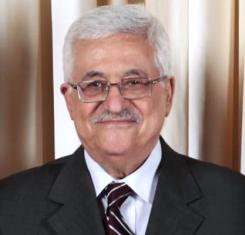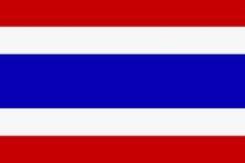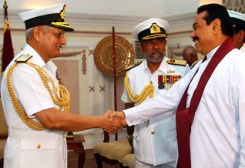By Ernest Corea* | IDN-InDepth NewsViewpoint
WASHINGTON DC (IDN) – The death of President Hugo Chavez, after a drawn-out battle with cancer, brought out huge crowds of grieving Venezuelans onto the country’s streets. Their grief suggested that he had been a more effective ruler than many of his critics allowed.
His visceral reaction to most things American was unfortunate, standing in the way of expanded economic relations which could have benefitted both countries, while each remained faithful to its internal political imperatives. In one area, however, he was personally responsible for a strong and beneficial link with the US.









